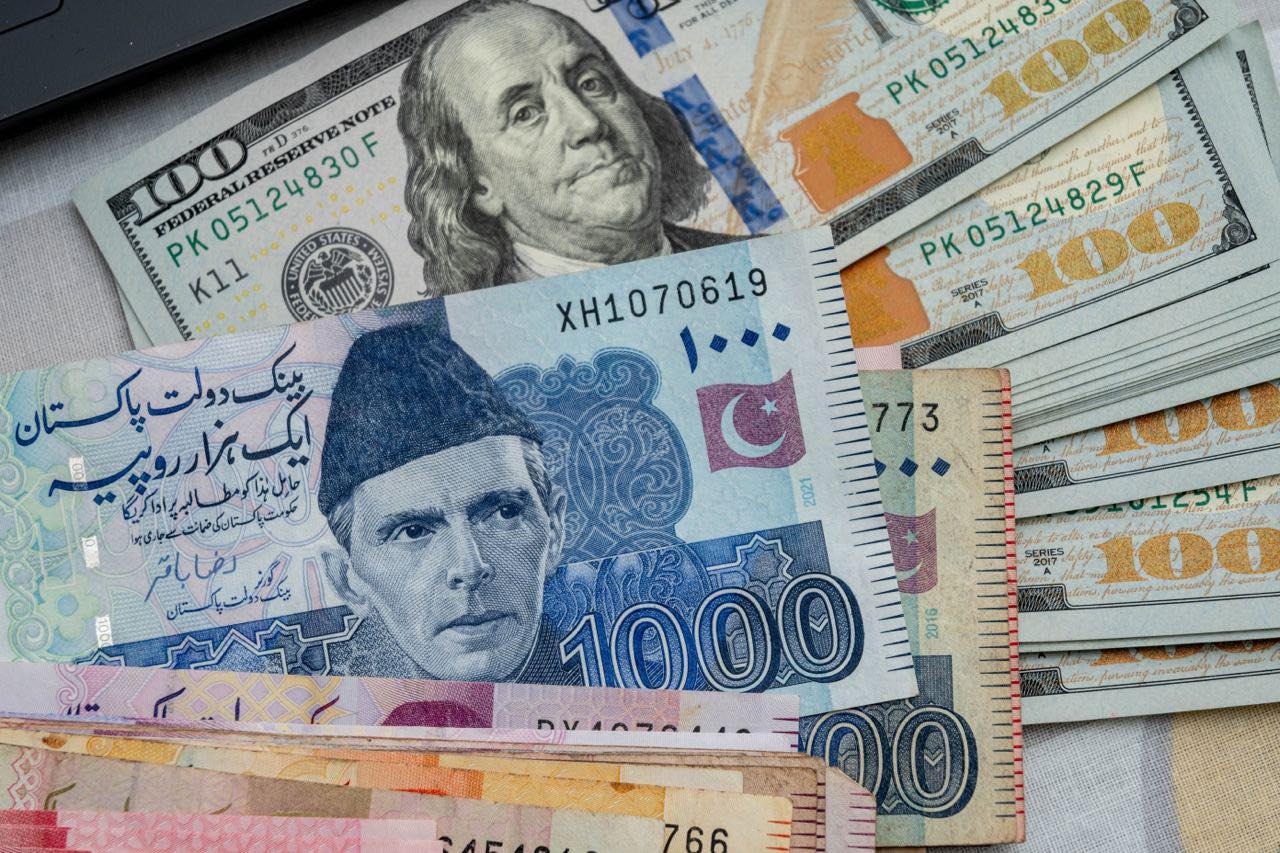PTBP Web Desk
After months of uncertainty, Pakistan’s Ministry of Commerce has formally restored the import and export of gold, announcing a major regulatory decision through SRO 2198(I)/2025. This move revives critical facilities under the Entrustment Scheme, allowing exporters to once again benefit from the mandatory 120-day entitlement period.
The decision comes after clearance from the Economic Coordination Committee (ECC) and ratification by the federal cabinet, signaling a coordinated effort to restore stability to the precious-metals trade.
The fresh notification, issued on November 21, 2025, invokes powers under Section 3 of the Imports and Exports (Control) Act, 1950 to amend the earlier 2013 rules outlined in the Import and Export of Precious Metals, Jewelry and Gemstones Order.
Some of the most important amendments include:
- Name modification – The SRO’s short title is amended to remove “Gemstones” after “Metals,” simplifying it to focus on precious metals and jewelry.
- Passbook update – In clause 2(j), the definition of “passbook” is expanded to explicitly include paper or digital versions, giving traders more flexibility.
- Scheme clarity – Clause 3(2) is reworded to clearly state that the import of precious metals and gemstones, and the export of jewellery made of them (or both), shall be allowed under defined schemes.
- Change of Customs station – For operational issues, a no-objection certificate (NOC) may be obtained from the relevant customs collector to allow a one-time change of customs station.
- Import documentation – Under Clause 4, import contracts now may be apostilled under the Apostille Convention, 1961, where relevant.
- Entrustment Scheme processing – All transactions under the Entrustment Scheme must be processed through the same bank: the one that handled the corresponding import of precious metals.
These clarifications aim to modernize and streamline the trade framework, increasing transparency and reducing friction for traders.
The ministry has scrapped SRO 760(I)/2025, which had earlier placed restrictions on trade. At the same time, the suspension under SRO 760(I)/2013, initially imposed in May 2025, has been formally condoned.
That means exporters can again take advantage of the 120-day entitlement period to fulfill obligations under the Entrustment Scheme—a lifeline for many in the jewelry export business.
In May 2025, the government had suspended SRO 760(I)/2013 for 60 days, citing concerns including smuggling and pressure on foreign exchange reserves. That suspension disrupted the operations of many jewelry exporters, who had relied on the Entrustment Scheme—a facility that allows exporters to manufacture jewelry against imported precious metals paid for partially by foreign buyers.
Under the Entrustment Scheme, imported metals (like gold) must be used exclusively for manufacturing export-bound jewelry. By restoring the framework, the government is signaling a return to regulated but more open trade in precious metals.
Business leaders and exporters have welcomed the restoration, viewing it as a much‑needed relief. Multiple industry insiders had urged the government to reopen the gold trade, warning that a prolonged shutdown would seriously harm Pakistan’s jewelry export sector.
Restoring the 120-day window is especially important. It ensures exporters have the operational flexibility to import gold, manufacture jewelry, and export within a defined timeframe, which supports cash flow and trade continuity.
While the reinstatement is broadly positive, it does come with caveats. The sector has faced past criticism related to misuse of the Entrustment Scheme. For example, historical investigations uncovered instances where exporters exported large volumes of jewelry without matching gold imports, violating the 120-day return rule.
By tightening the processing rules—especially mandating that entrustment-linked exports go through the same bank—the government may be seeking to increase traceability and reduce risks of misuse. The no‑objection certificate for changing customs stations also formalizes a previously informal workaround, balancing flexibility with control.
Reinstating gold import-export rights under regulated conditions could have wider economic benefits:
- Boost to exports: The move may increase jewelry exports, helping earn foreign exchange.
- Business confidence: It signals that the government is re-engaging with the trade sector, reducing regulatory uncertainty.
- Traceability and compliance: The amendments introduce clearer documentation and banking rules that could reduce malpractices and enhance accountability.
- Trade competitiveness: Modernized regulatory frameworks may help Pakistani exporters remain competitive internationally.
Following this order, key next steps may include:
- Exporters resuming operations: Jewelry exporters are likely to re-engage with the Entrustment Scheme.
- Implementation oversight: Monitoring will be crucial to ensure that the revised rules (e.g., same-bank processing) are enforced.
- Engagement with customs: Exporters and importers will need to navigate the new NOC requirement if they face operational constraints.
- Regulatory clarity: The Trade Development Authority of Pakistan (TDAP) may issue further operational guidance to help industry adapt.
- Market stabilization: Over time, the policy clarity may stabilize the precious metals trade and reassure both foreign buyers and local traders.




